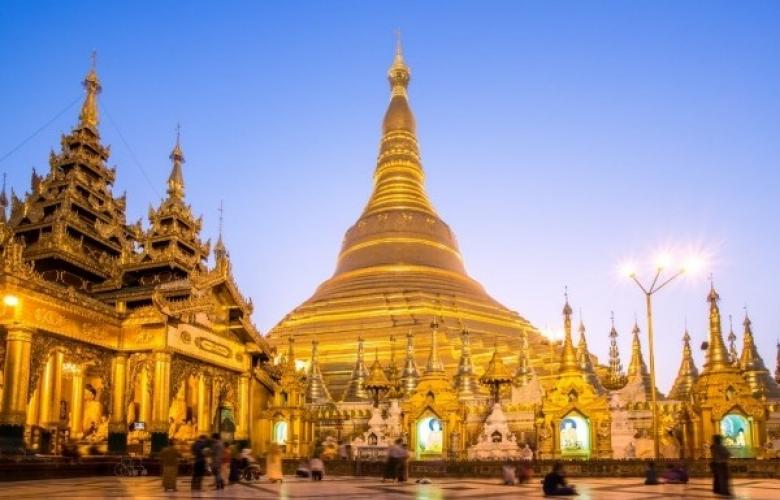Property taxes in Myanmar
Contact
Property taxes in Myanmar
Property and income taxes are collected by the Internal Revenue Department of the Ministry of Planning and Finance.
This article is intended as a preliminary guide only and refers to some but not all elements required to consider in detail prior to starting any property dealings or due diligence. Property dealings are often complex, especially in foreign countries and we highly recommend you seek independent professional advice... read more...
Income tax
For income tax purposes, foreigners are separated into resident and non-resident foreigners. An individual is considered to be a resident foreigner if they are present in Myanmar for 183 days during an income year. The tax year follows the fiscal year, starting 1 April and ending 31 March. Salary, business and other sources are all considered in regards to income tax. According to KPMG, Myanmar has a progressive tax system with the top personal tax rate of 25 percent for resident citizens and resident and non-resident foreigners. Rental income is taxed at a flat rate of 10 per cent.
Property tax
Immovable property situated in Yangon is subject to property taxes, covering general tax, lighting tax, water tax, and conservancy tax.
Stamp duty
In Myanmar, stamp duties are payable on a number of transactions. For an instrument expressed in foreign currency, the duty is calculated in Myanmar currency at the rate of exchange as at the date on the instrument. According to Luther, stamp duty changes came into effect on 1 October 2016, with property leases and mortgages benefitting from reduced stamp duty rates. Some of the most relevant stamp duties are as follows:
- Sale or transfer of immovable property– 2 percent of the value.*
- Rental of immovable property (contract for between one year and three years) – 0.5 percent of the annual average rent.
- Rental of immovable property (contract for more than three years) – 2 percent of the annual average rent.
- Sale or transfer of shares – 0.1 percent of the value.
*It is important to note that foreign investors would not be able to take title to land.
Additional stamp duty of 2 per cent previously applied to properties located within Yangon. It is unclear whether this still applies following the changes to stamp duty.
Income that escaped assessment, when assets are purchased and the source of funds cannot be shown, is taxed at progressive rates ranging from 15 per cent to 30 per cent.
Double taxation treaties
According to the Internal Revenue Department, Myanmar has double taxation treaties with the United Kingdom, Singapore, India, Laos, Malaysia, Vietnam, South Korea and Thailand.
Last update November 2016.
Sources:
Myanmar Investment Guide 2014
KPMG
Luther
This article and the above linked articles are not complete and are intended as preliminary guides only. These guides refer to some elements to consider prior to starting any property dealings or due diligence. Property dealings are often complex areas, especially in foreign countries and we highly recommend you seek independent professional advice... read more...






